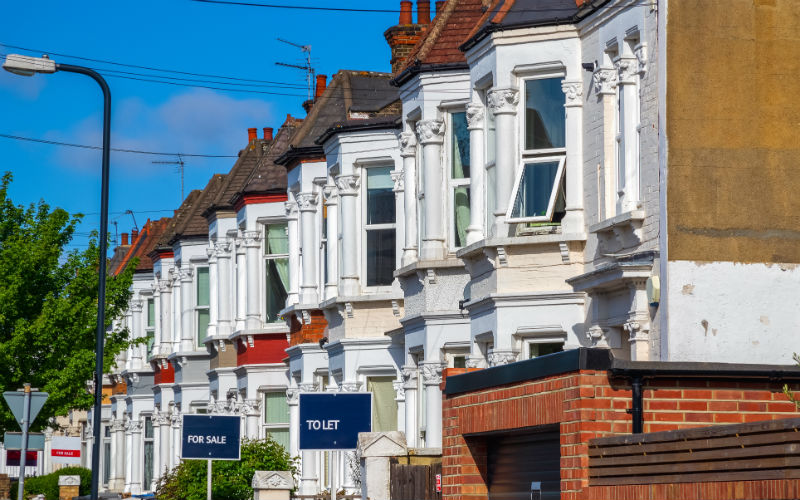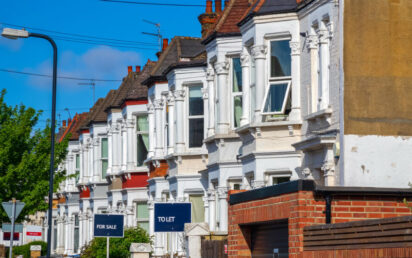Property valuation is a critical aspect of real estate transactions, whether you’re buying, selling, or refinancing. Several factors contribute to the overall value of a property, each playing a significant role in determining its market price. Understanding these factors can help you make informed decisions and maximise the value of your investment. Here are the top 10 factors that influence property valuation.
1. Location
Proximity to Amenities
The location of a property is perhaps the most significant factor influencing its value. Properties close to amenities such as schools, parks, shopping centres, and public transport tend to have higher values.
- Schools and Education: Proximity to good schools can significantly boost property value.
- Public Transport: Easy access to public transport options increases desirability.
- Shopping and Dining: Nearby shops, restaurants, and entertainment options enhance convenience and lifestyle.
Neighbourhood Quality
The overall quality of the neighbourhood, including safety, cleanliness, and community vibe, plays a crucial role in property valuation.
- Crime Rates: Lower crime rates correlate with higher property values.
- Community Services: Availability of community services and amenities boosts property desirability.
2. Property Size and Layout
Square Footage
The size of the property, measured in square footage, directly impacts its valuation. Larger properties typically command higher prices.
- Living Space: More living space generally means higher value.
- Lot Size: Larger lot sizes also contribute to higher property values.
Functional Layout
The layout and usability of the space are also essential. Properties with functional, well-designed layouts are more valuable.
- Open Floor Plans: Open, modern floor plans are currently in high demand.
- Room Count: The number of bedrooms and bathrooms can affect the property’s appeal and value.
3. Property Condition
Age and Maintenance
The age of the property and its overall condition significantly influence its value. Well-maintained properties tend to be valued higher.
- Recent Renovations: Properties with recent upgrades or renovations are more attractive to buyers.
- Structural Integrity: Good structural condition without significant repair needs increases value.
Aesthetic Appeal
Curb appeal and interior aesthetics contribute to the property’s desirability and valuation.
- Landscaping: Well-maintained gardens and outdoor spaces enhance property value.
- Interior Design: Modern, stylish interiors can attract higher offers.
4. Market Conditions
Supply and Demand
The balance of supply and demand in the local property market affects property values.
- Seller’s Market: High demand with limited supply can drive up property prices.
- Buyer’s Market: High supply with lower demand can lead to lower property prices.
Economic Indicators
Economic factors such as interest rates, inflation, and employment rates also impact property valuation.
- Interest Rates: Lower interest rates generally increase property values by making mortgages more affordable.
- Economic Growth: Strong economic growth can boost property values by increasing buyer confidence and spending power.
5. Comparable Sales
Recent Sales Data
The prices of recently sold properties in the same area, known as comparables or “comps,” provide a benchmark for property valuation.
- Similar Properties: Comparables should be similar in size, condition, and location.
- Recent Transactions: Recent sales data provides the most accurate reflection of current market conditions.
Market Trends
Trends in the local property market, such as rising or falling prices, also influence property valuation.
- Price Trends: Awareness of whether the market is trending up or down can impact valuation expectations.
- Time on Market: Properties that sell quickly often indicate strong demand and higher values.
6. Economic Factors
Local Economy
The strength of the local economy, including employment rates and business growth, affects property values.
- Job Market: Areas with strong job markets tend to have higher property values.
- Local Industries: Presence of major industries and employers boosts property desirability.
National Economy
National economic conditions, including GDP growth and economic stability, also play a role.
- Consumer Confidence: High consumer confidence can lead to increased property values.
- Inflation Rates: Inflation can affect purchasing power and property values.
7. Interest Rates
Mortgage Rates
Interest rates on mortgages directly impact property affordability and valuation.
- Lower Rates: Lower mortgage rates increase buyer affordability, potentially raising property values.
- Higher Rates: Higher mortgage rates can reduce affordability and lower property values.
Financing Availability
The availability of financing options, including mortgage products and lending criteria, affects property market activity and valuation.
- Credit Availability: Easier access to credit can boost property demand and values.
- Lending Standards: Stricter lending standards can reduce buyer numbers and impact property values.
8. Government Policies
Taxation
Government policies on property taxes, capital gains tax, and other related taxes can influence property values.
- Property Tax Rates: Higher property taxes can lower property values by increasing ownership costs.
- Tax Incentives: Tax incentives for buyers can boost demand and property values.
Regulations
Zoning laws, building codes, and other regulations impact property use and value.
- Zoning Restrictions: Zoning laws that limit property use can affect value.
- Building Regulations: Compliance with building codes ensures safety and can enhance property value.
9. Future Development
Planned Infrastructure
A key factor of infrastructure in future developments with new roads, transport to the public, or even local amenities results in increasing property values.
Transport Links: Public transport developments in the future will make the property more popular and increase in value.
Community Projects: Planned schools, parks, and shopping centers enhance property appeal.
Urban Development
Urban development plans in residential, commercial, and industrial projects influence property values.
Regeneration Projects: An area that is to be regenerated normally witnesses an increase in property value.
Commercial Development: A close proximity to new commercial developments enhances property demand and values.
10. Environmental Factors
Natural Environment
The natural environment, including proximity to parks, waterfronts, and green spaces, influences property values.
Scenic Views: Properties with scenic views often command higher prices.
Environmental Quality: The presence of clean air and water, along with low noise pollution, makes property more desirable.
Climate and Weather
Another major determinant of property value is the local climate and weather.
Climate Risks: Property values, in areas adjacent to natural disaster prone areas or places of extreme weather conditions, will be lower.
Comfortable Climate: A pleasant climate will help attract buyers and may raise property values.
Conclusion
Property valuation is determined by a myriad of factors involving location, property characteristics, the market environment, economic conditions at large, and forecasts on future developments. Each focusing on the top 10 factors will allow buyers, sellers, and investors to make better decisions and get strategies in line with the property market for potential maximization of investments.


